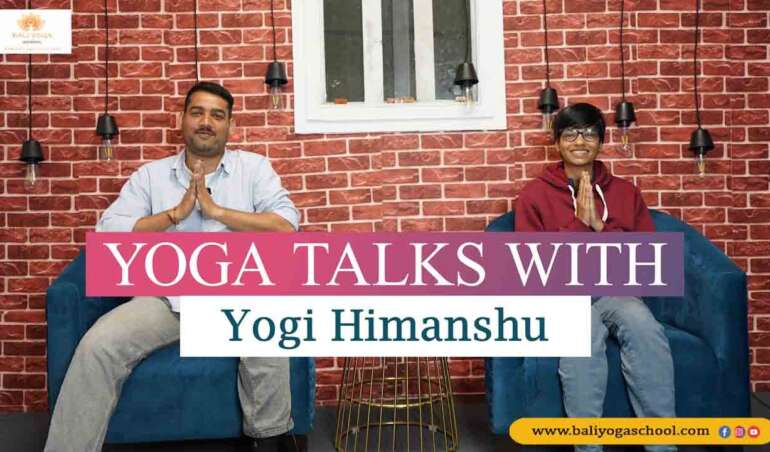
What is meditation? How can one work on developing concentration?
Meditation, like all other subjective experiences, is very difficult to describe. One must try to find it for himself to know what it is really about. The experience is real whereas a description cannot give a real understanding. Firstly, I will use some concepts defined by modern psychology:
The subconscious or unconscious mind can be roughly divided into three groups as follows:
– lower mind – concerned with the activation and coordination of the various activities of the body, such as respiration, circulation, the abdominal organs, and so on. It is also the area of mind which gives rise to instinctive urges, and it is from this part of the mind that complexes,phobias, fears and obsessions manifest.
– middle mind – is the part of the mind that concerns itself with data that we use during the waking state. It is this part of the mind that analyses, compares and draws conclusions from incoming data. This is the realm of rational or intellectual thinking.
– higher mind – is the area of so-called super conscious activity. It is the source of intuition,inspiration, bliss and transcendental experiences. It is the source of deeper knowledge.Throughout our waking hours we are conscious of certain phenomena but only of a small part of the activities of the mind, usually in the realms of the middle mind.
So what happens when we meditate?
When we meditate we are able to take our consciousness to the different parts of our mind.Normally, our consciousness is confined to surface activity in small areas of rational parts of the unconscious. During meditation we are able to move away from intellectualisation. We can become aware of deep rooted complexes that we perhaps didn’t know existed within us. We realise that we have fears that we were not aware of before. The reason is that the consciousness is now functioning in the domain of the lower mind. The consciousness is now highlighting complexes, fears, etc., of which it was not previously aware. Before it was only aware of the
manifestations of these fears in the form of anger, hatred, depression, etc.
Once these deep-rooted complexes are confronted they can be removed. Also many people become very aware of the internal processes of their body during meditation. This is because the consciousness becomes aware of the activities that control these bodily functions. Higher stages of meditation are difficult to attain if we don’t remove most of the compulsive fear that we have in
the lower mind.
When the consciousness rises above rational thought, we see the activities that seem to be closer to reality. The meditator enters the dimensions of inspiration and illumination.
One starts to explore the deeper truths and aspects of existence. The culmination of meditation is self-realisation. This occurs when even the higher mind is transcended. The consciousness leaves the exploration of the mind and identifies with the central core of one’s existence, the self. At this point it becomes pure consciousness.
Ways to Increase Your Concentration
1. Understand what concentration is: “Concentration is taking your mind off many things and
putting it on one thing at a time.” When the mind is concentrated on one place, perception
becomes intense.
2. Decide what you want to concentrate on. In many ways, you become what you focus on.
4. Avoid constant sensory input. Multi-tasking, loud noises, and visual stimulation make
concentration much more difficult.
5. Make it a point to put your full concentration on whatever you are doing. Don’t let anything
distract you.
6. Learn to meditate. Meditation is the most powerful of all concentration enhancement
techniques. Learn a few simple meditation techniques and practice them at least five minutes
daily.
7. Learn techniques to increase and control your energy. Controlling your energy is an important
first step toward the ability to concentrate deeply.
4 of 19
8. Take breaks. Go outside and breathe deeply or take a brisk walk. Make yourself do this often
and you’ll be able to return to your task recharged and ready to focus more creatively.
9. Stay calm. Deep concentration is a matter of increasing or directing your life-force or
conscious, cosmic energy. Scattered energy doesn’t help. It must be calm, focused energy.
10. While meditating, watch your breath — don’t control it in any way, just observe. As you
observe your breath, it will slow down, along with your mind, and you move into a dynamic,
peaceful (but not sleepy) state of being.
Other good articles –
https://www.baliyogaschool.com/benefits-of-sun-bath-and-normal-bath/
https://www.baliyogaschool.com/imbalanced-diet-and-food-fads/
https://www.baliyogaschool.com/naturopathy-a-natural-physcian/
https://www.baliyogaschool.com/naukasana-boat-pose/
https://www.baliyogaschool.com/what-is-shatkarma-write-the-name-of-all-types-of-shatkarma/





